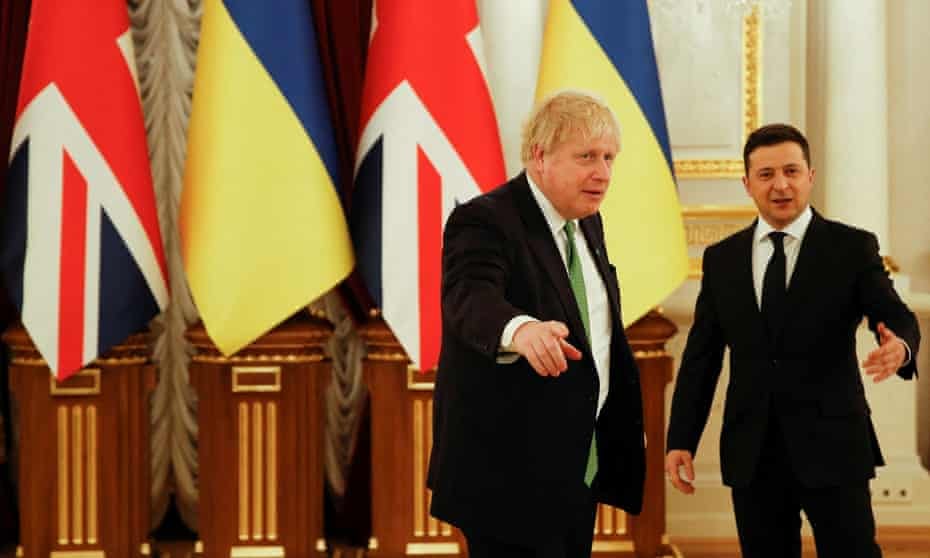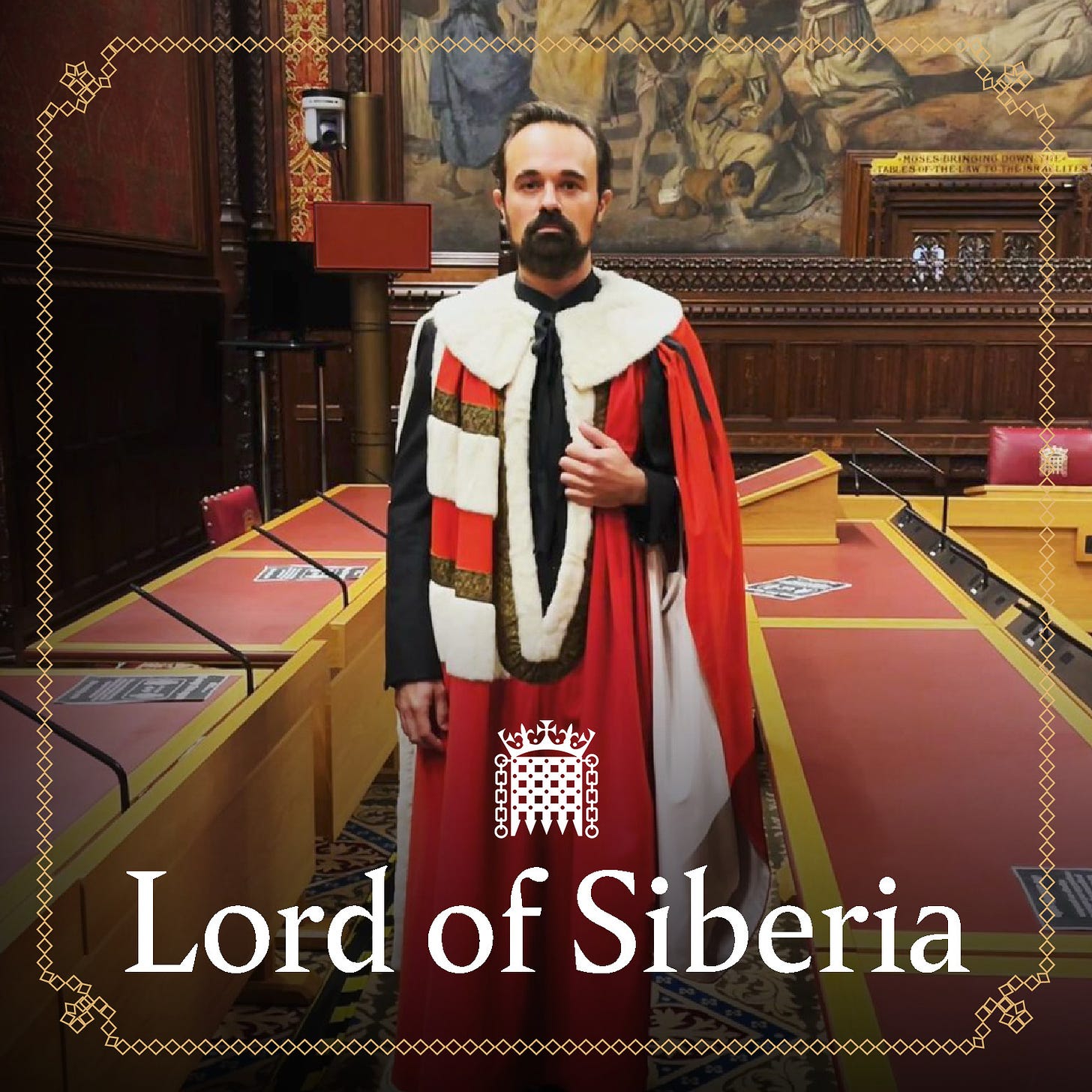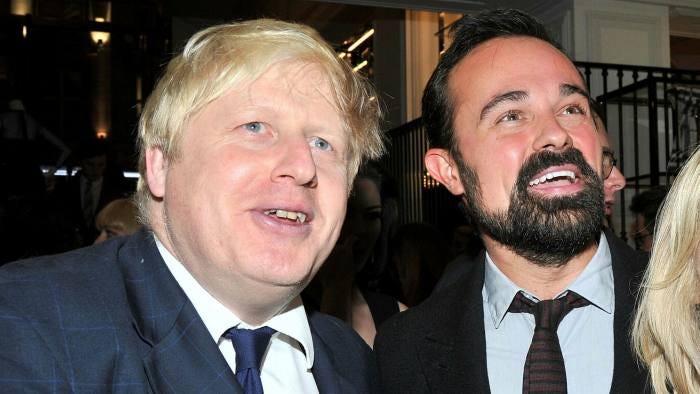An update on Ukraine
With Putin’s forces slowed by the resilient Ukrainian army, the timeframe of war has been indefinitely stretched. The Russian economy (and thus war effort) is floating on the $600m - $1bn daily gas and oil windfall. The Ruble has started to rebound. However, the Russian state will default on its debts within the next month, and if income from energy exports ceases, only China will be in a position to save Putin. For now, though, Putin is in a strange state of equilibrium, with the Ukrainian conflict drifting into a horrific new normal within the Western mind.
Further Western response is possible, but not forthcoming without increased Russian atrocities (tactical nukes, chemical weapons or genocide). Western leaders remain in a stasis of shock, with little long-term strategy. The arsenal of sanctions has been fired, bar the ‘nuclear’ option (gas/ oil). Western leaders haven’t come close to preparing their nations for what banning Russian gas and oil will actually mean to everyday life.
A ban is possible, but will require sacrifice: 55 mph speed limits, power cuts, very high interest rates, banning everyday driving, reduced home power usage /heating, reduction in power heavy industry (I.e. glass) and general rationing of gas. All examples of policy used in WW2 by the UK when shortages hit. Similar liberty-tightening policies were used during COVID, albeit in the social / health sphere.
The West should prepare for this not just as an offensive option, but also out of defence if Putin turns off the taps; either in retaliation to Western support for Ukraine, or as a possible attempt to force off the Western sanction straitjacket. Failure to plan, is a plan to fail. Europe is at war again, and the West must realise this through continued strategic policy.
View from Blighty
Boris Johnson needed a war. Arguably, it was the last eventuality — bar a pandemic-style disaster — that could have saved him. UK politics has been frozen. Partygate has been discarded, but not forgotten. It has emboldened his rival Starmer and given Rishi Sunak effective power over No.10 through Johnson’s advisors. The nation now starkly dislikes Johnson (his approval is -12 %)1, as the public links their personal pandemic grief to Johnsonian insouciance. Partygate has wounded Johnson’s leadership, the question is whether it’s fatal.
Wars go two ways for British Prime Ministers. Either: brilliant and you gain political capital (Major and Thatcher), or horrific and you are fatally blamed for defeat (Blair and Eden). Churchill even won two wars in government, but still failed to win the peace – losing the 1945 election. There is no guarantee this war will save Johnson in the long-term. War gives Starmer opportunities to wave UK flags, take pictures with the Armed forces and invoke a facade of national unity in parliament — all of which has sparked a nationalism that has been absent in Labour for over a decade. It may seem superficial, but perception is everything in politics.
However, Russian victory in Ukraine or Starmer’s improvement is not what Johnson should (from an egotistical position) seriously threat. The real problem lies further to the east…
The Lord of Siberia looms
The main issue with political scandals is that as soon as a major one explodes (Partygate), several follow. When political enemies smell blood, they leak to kill. Evgeny Lebedev, appointed to the UK House of Lords by Johnson in 2021 as the ‘Lord of Siberia’ (official title), is an unexploded bombshell underneath Johnson’s premiership. On the 15th March 2022, Cummings leaked that MI6 strongly advised against giving Lebedev a peerage due to his links to Russia2. Cummings was in the room when this occurred, with advice against giving the peerage being then brushed aside by Johnson as pure xenophobia (as Lebedev is Russian).
Lebedev’s father, Alexander, is not only a proven KGB spy, but one of Russia’s richest oligarchs, with a net worth of $3.1bn — making him the 39th richest man in the world. As you can expect, his close proximity to Putin is highly likely due to this wealth. Money and Putin are synonymous in Russia, thus raising the questions over the legitimacy of his son’s peerage. But one could argue Evgeny should not be burdened by his father’s actions?
This would be the case if Evgeny Lebedev lived a benign life in the UK — however he clearly does not. Not only does Lebedev own the Evening Standard and The Independent (two influential newspapers), but regularly hosts lavish Tory-filled parties in the heart of London or on Tuscan estates. Johnson is, unsurprisingly, a regular attendee.
Rory Stewart recently revealed he had been invited by a Russian lady purporting to be a ‘model’3 to one of Lebedev’s Italian parties, while at Conservative Party conference4. Stewart, after being told that there would be ‘hot girls’, refused, explaining he was married and a minister in the Foreign Office. The supposed ‘model’ replied “don’t worry, come along, your boss (then Foreign Secretary) Boris Johnson is going!”, leaving Stewart dumbfounded.
It begs the question how throwing huge parties and owning media outlets justifies a peerage? A deeper question, perhaps, is why Lebedev — if so uninterested in UK politics — would want to be in Parliament and have such serious links to the Tory party?
Johnson likely manipulated Evgeny Lebedev’s vetting paper, omitting key intelligence details of Evgeny being (like his father) a possible Russian spy since 20135. This enabled his appointment as a Lord, against MI6 and MI5’s wishes. However, the Ukrainian invasion has triggered serious questions of Russian money and influence in Tory Politics. Russian political donations, in the current climate, are under stricter scrutiny — although openly reported three years ago by OpenDemocracy6. London remaining the Russian ‘Laundromat’ of Europe is also unlikely. In this air of change, Lord Speaker McFall has now escalated Johnson’s crisis by asking for Lebedev’s peerage to be revoked7.
The last national security crisis involving a compromised minister was the 1961 Profumo scandal — contributing to the downfall of the then Tory Prime Minister Macmillan. Johnson’s links to Russian influence and the Tory party’s links to Russian money raises questions over their viability to conduct foreign policy and national security.
A harsher crusade against Russian money and influence could bring the oligarchs down, with Johnson also implicated. He can only hope that whatever occurred with Lebedev (and other Russian oligarchs) remains hidden, otherwise his premiership could be over.
Although, -12 is a serious improvement from -30 last month.
https://redfieldandwiltonstrategies.com/latest-gb-voting-intention-13-march-2022/
https://www.theguardian.com/politics/2022/mar/16/dominic-cummings-accuses-boris-johnson-of-lying-in-lebedev-row
The Inquiry cannot confirm she was a FSB agent, but Stewart (a probable ex-MI6 agent himself) gave the impression she may have been in the podcast below. FSB is the new KGB in Russia. See Footnote 4 for the original source.
Episode 3: ‘Zelensky’s humanity, Lebedev’s Parties and Eton’
https://shows.acast.com/the-rest-is-politics
https://www.thetimes.co.uk/article/how-boris-johnsons-friendship-with-evgeny-lebedev-deepened-despite-mi6-concerns-56bl5hklb
https://www.opendemocracy.net/en/dark-money-investigations/number-10-abused-its-power-demanding-cover-donors-and-friends-boris-report-russian-influence/
https://www.theguardian.com/politics/2022/mar/15/lord-speaker-urges-ministers-to-tighten-system-for-vetting-peers







